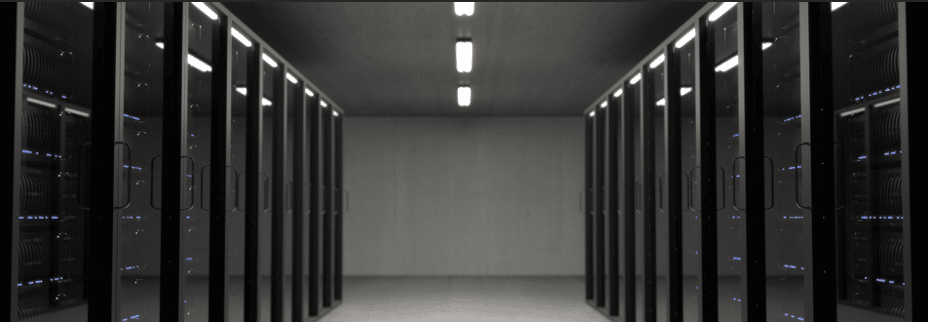It seems like there’s a story about a ransomware attack in the news every day. Such attacks can cripple businesses for hours, weeks, or permanently. Even if a company recovers from a ransomware attack, the repercussions can be felt for years. A ransomware attack hurts the confidence consumers have in a company, while the cost of recovery can be in the millions. Additionally, hackers often hit old victims of ransomware attacks again months later.
But ransomware is just one threat to your data. Other threats include spyware, allowing criminals to read and steal sensitive information like client records or intellectual property. Trojans, that appear to be legitimate software but hide malware that attacks your financial records. With so many threats, it’s critical for businesses to apply all security measures.
Endpoint Detection and Response
As you probably know, more hackers are attacking companies through employee devices, laptops, and other unsecured endpoints. In the age of remote working, employees are the weakest link in the security chain.
Training employees to recognize and nullify infection vectors is just one step. Investing in company laptops and devices instead of maintaining a loose BYOD (Bring Your Own Device) policy is another. It’s also prudent to invest in cutting-edge endpoint detection and response software that shields all your endpoints from all types of threats, including viruses, ransomware, keyloggers, and malware that opens backdoors on company systems.
Download Security Updates
Did you know that one of the most prolific ransomware strains, WannaCry, is still active despite Microsoft releasing security fixes years ago? The security fixes can’t do much if people don’t use them. Surveys find that many companies haven’t upgraded their operating systems or downloaded essential updates in many years. So, check with your IT team and ensure that you’re using the latest and most secure operating system. If you are happy with the operating system you have, please download the newest patches. Though remember, discontinued software also stops receiving crucial fixes to exploitable flaws.
Create Regular Backups
You probably know that backing up your company’s data regularly is advisable. The practice reduces downtime after a cybersecurity attack or even a natural disaster. But besides creating regular backups, you should also be backing up your data on several mediums:
- Cloud-based backups can be automatically completed overnight. There’s no excuse not to do this. Sign up with a reputable backup service to make the task less labor-intensive.
- You should also back up your data locally on company servers a few times a week in the unlikely event your cloud-based system is compromised.
- Air-gapped backups can be more challenging to use but are worthwhile with ransomware attacks becoming popular. Air-gapped systems aren’t connected to the Internet or networks. This means that you have to use them the old-fashioned way. However, air-gapped systems are harder for threat actors to corrupt or steal from because of their lack of connectivity.
These are three essential tips that can help you defend your data from cybercriminals. It may take some effort and discipline, but it can mean the difference between surviving or collapsing after an undesirable event.
